Episodes
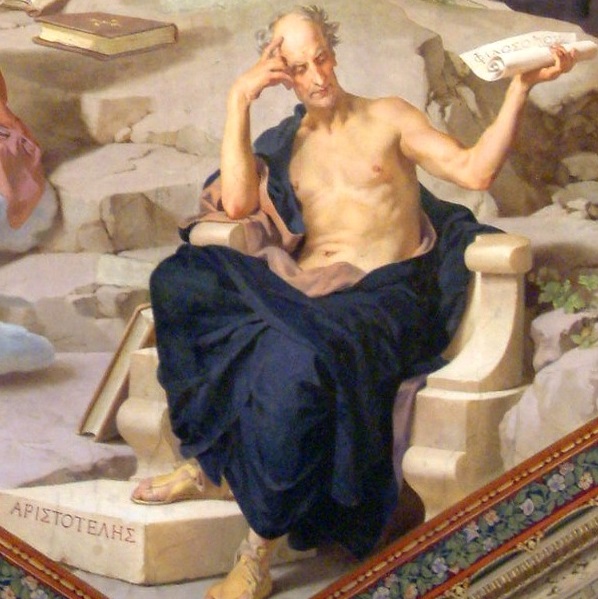
Tuesday Jul 17, 2018
Full Lecture: Courage and the City in Aristotle by Prof. Kyle Washut
Tuesday Jul 17, 2018
Tuesday Jul 17, 2018
“Let us train boys from earliest childhood to be patient when they suffer wrongs themselves,” wrote St. John Chrysostom in the late fourth century AD, “but, if they see another being wronged, to sally forth courageously and aid the sufferer in fitting measure.”
How to raise children to be good and courageous adults is a perennial question. Our civilization requires good and courageous adults and the Church requires good and courageous adults as well.
Some 800 years before St. John Chrysostom, Plato and then Aristotle asked how we form boys in to courageous young men.
At June’s Wyoming School of Catholic Thought, Professor Kyle Whashut discussed what Plato and Aristotle had to say on the issue. Here is his lecture in its entirety.
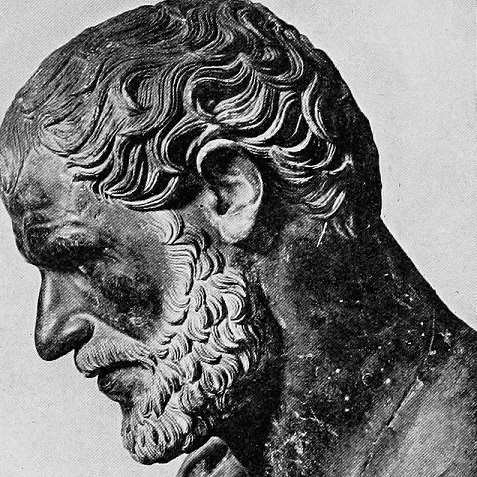
Tuesday Jul 17, 2018
Tuesday Jul 17, 2018
Kyle Washut was part of the work crew at that first Wyoming School of Catholic Thought. He spent his days listening in as he set tables, washed dishes, and scrubbed. At the end, he did the final clean up while Fr. Schall and the other faculty chatted over a steak dinner.
At this year’s Wyoming School, Professor Kyle Washut did not set table. As a presenter, one of his topics was courage in Plato’s Laches and in Aristotle’s Nichomacean Ethics. And it turns out that the question Plato and Aristotle addressed in the fourth century BC is critical even—or perhaps critical especially today: How do we form men out of boys? What kind of cultivation is required?
Professor Washut is our guest this week on The After Dinner Scholar.
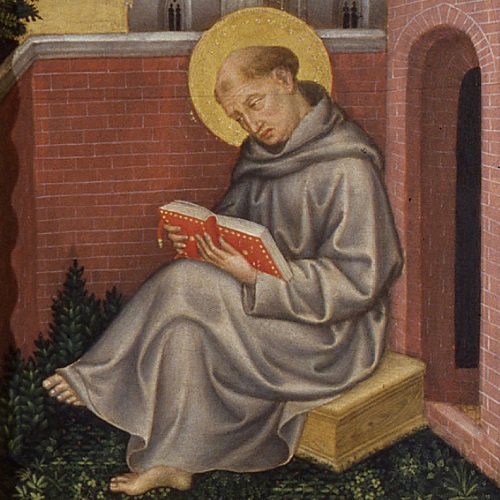
Tuesday Jul 10, 2018
St. Thomas Aquinas and the Emotion of Courage with Dr. Stanley Grove
Tuesday Jul 10, 2018
Tuesday Jul 10, 2018
According to St. Thomas Aquinas, courage is an emotion before it’s a virtue. It’s something that arises in us naturally when we are faced by something we perceive as evil.
At the Wyoming School of Catholic Thought, we discussed St. Thomas’s understanding of the emotion or passion of courage with the help of Dr. Stanley Grove.
Dr. Grove pointed out that the passions are buried deep down in Thomas’s understanding of human nature. Through our rational nature, we take the world in with our intellect and reach out to the world with our will.
We sense the world through the animal aspect of our nature, that is the part we share with other animals who, while they are not in the image of God, also have bodies and live in the physical world. This includes our senses and our emotions or passions.
Dr. Grove is our guest for this After Dinner Scholar.
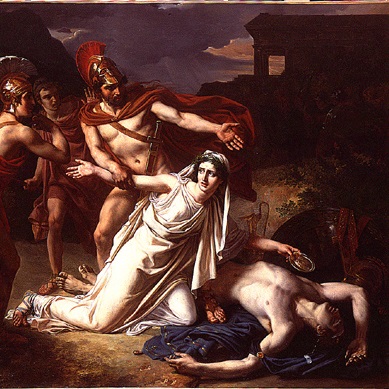
Tuesday Jul 03, 2018
Courage and Antigone's Choice by Dr. Virginia Arbery
Tuesday Jul 03, 2018
Tuesday Jul 03, 2018
“Antigone,” written by the Athenian poet Sophocles in the fifth century BC poses a dilemma: What do we do when the government says one thing, but God—or in this case the gods—say otherwise?
In the play Antigone’s two brothers, Eteocles and Polyneices, chose opposite sides in the civil war in Thebes. In battle the two brothers kill each other just as the side Eteocles chose wins the war. The victorious new ruler, Creon, decrees that Eteocles will be honored as a great hero and buried with all dignity and holy rites.
As for Polyneices’ body, Creon says, “it has been proclaimed to the city that no one honor with a tomb or lament with cries, but let him lie unburied, his body devoured by birds and by dogs and mangled for the seeing.” Disobedience will be punished by death.
But the gods decree the dead should be buried. “That one I shall give rites,” says Antigone, “It is noble for me to die doing this.”
Dr. Virginia Arbery taught a class on Antigone and her courage at The Wyoming School of Catholic Thought. Here are her comments.
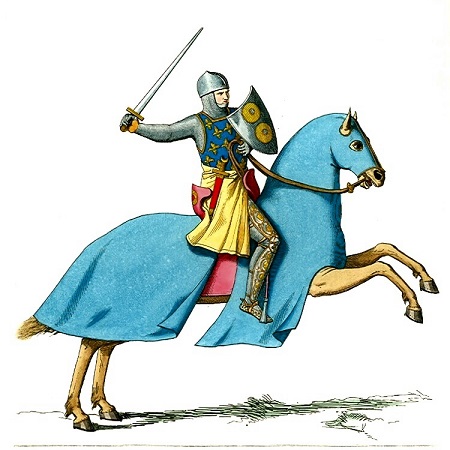
Tuesday Jun 19, 2018
Tuesday Jun 19, 2018
This past week, Wyoming Catholic College hosted our annual Wyoming School of Catholic Thought here in Lander, Wyoming. Adult learners came from as far away as California, South Carolina, and Florida to consider the topic “The Paradox of Courage: Desire to Live, Readiness to Die.”
We read and discussed authors as diverse as Homer, Plato, St. Athanasius, St. Thomas Aquinas, Sophocles, the Bible, and T. S. Eliot, watched Sophie Scholl, a film about a brave young woman in Nazi Germany and the 1928 silent film “The Passion of Joan of Arc,” and left enough time for horseback riding, hiking, and many fruitful conversations about courage in the works we considered and in the world today.
The After Dinner Scholar in the next weeks will feature interviews and lectures from the Wyoming School of Catholic Thought. To introduce the topic, this week’s interview with Wyoming Catholic College president Dr. Glenn Arbery was recorded back in January and offers a broad overview of courage in philosophy and literature.
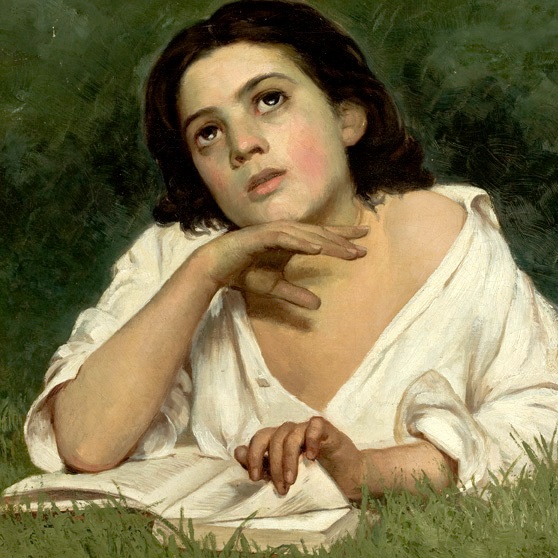
Tuesday Jun 05, 2018
Thinking Carefully About Abortion with Dr. Michael Bolin
Tuesday Jun 05, 2018
Tuesday Jun 05, 2018
In the fall of 1971—a couple of months before the U. S. Supreme Court’s decision in Roe v. Wade—the journal Philosophy and Public Affairs published an article by philosopher Judith Jarvis Thompson entitled “A Defense of Abortion.”
Rather than being shrill and angry, Thompson’s defense of abortion is carefully reasoned and nuanced, which makes it a wonderful teaching tool and a wonderful way to convince students of the need to study philosophy.
Wyoming Catholic College philosopher, Dr. Michael Bolin is entirely pro-life. Yet he has been teaching “A Defense of Abortion” for years at PEAK, the college’s summer program for high school juniors and seniors. Dr. Bolin is our guest this week on The After Dinner Scholar.
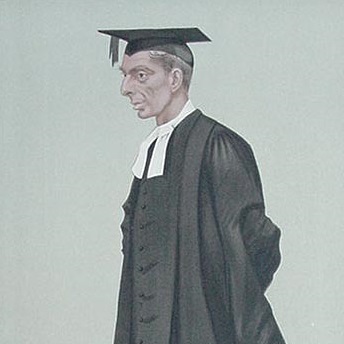
Tuesday May 22, 2018
Reflections on Graduation 2018 with Dr. Glenn Arbery
Tuesday May 22, 2018
Tuesday May 22, 2018
Wyoming Catholic College graduation was Saturday, May 12. It came with all the pomp and circumstance, academic regalia, and excitement that you might expect. Our speaker was author and scholar Joseph Pearce who was our guest on last week’s After Dinner Scholar.
The evening before the big event, however, was a smaller, more intimate gathering of graduates and their families along with college faculty and staff. That night, at the President’s Dinner, college president Dr. Glenn Arbery reflected on the seniors, their four years of liberal arts education, and their participation in the great tradition of the Christian West.
Dr. Arbery is our guest this week on The After Dinner Scholar.
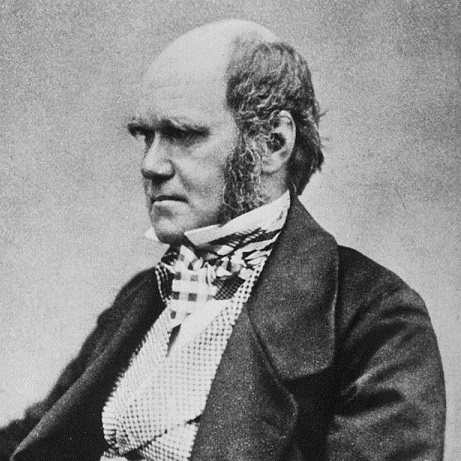
Tuesday Mar 20, 2018
Faith v. Science: The False Dichotomy with Dr. Michael Bolin
Tuesday Mar 20, 2018
Tuesday Mar 20, 2018
Faith and science, we've been told, are at war so choose your side. Will you be a modern man or woman or will you hang onto outdated and disproved dogmas?
And too often Christian young people believe in the war and choose to side with science.
But the faith versus science dichotomy, however, is as false as it is overblown and pernicious.
Wyoming Catholic College Associate Professor of Philosophy Dr. Michael Bolin works through the arguments each year with our students as they consider the question of evolution. Dr. Bolin is our guest this week on The After Dinner Scholar.
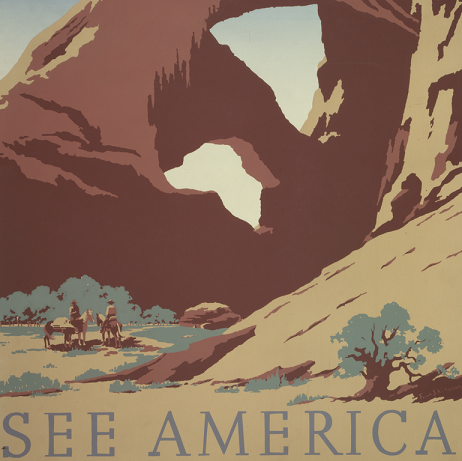
Tuesday Mar 06, 2018
Tuesday Mar 06, 2018
“The world is a book,” wrote St. Augustine of Hippo some 1,600 years ago, “and those who do not travel read only one page.”
The idea of reading page after page of the book of the world is not unique to St. Augustine. We are all homo viator, human travelers both in the sense that we are pilgrims in earth moving toward our eternal homes and in the sense that as embodied beings, we are naturally drawn to explore the world of places that we inhabit. Something in us wants to know what’s over the next hill and over the next hill and beyond that river.
Wyoming Catholic College senior Elizabeth Meluch certainly had a sense of that when she began writing her thesis and the accompanying oration she delivered last week on the subject of travel. Miss Meluch is our guest this week on The After Dinner Scholar.
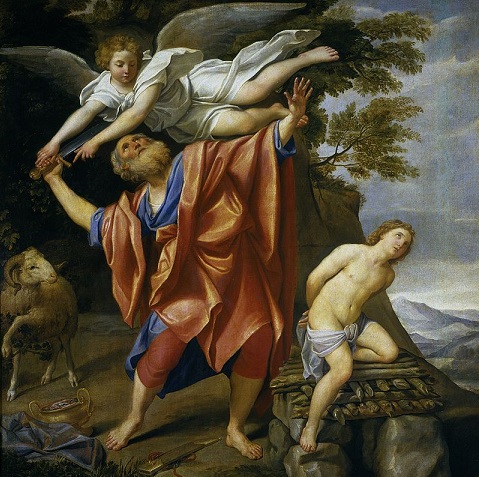
Tuesday Feb 27, 2018
Tuesday Feb 27, 2018
In order to graduate from Wyoming Catholic College, each student writes a thesis during the fall semester of senior year and then in the winter presents the topic of the thesis as a thirty-minute lecture, taking questions from the audience for another thirty minutes. The audience includes their classmates and other students, parents who arrive for the week or are there via Skype or Facetime. Oh, and there’s a panel of three faculty members armed with the first round of questions.
This week and next, The After Dinner Scholar will feature two of our seniors fresh from their orations.
This week, our guest is Jason Kirstein, who wrote his senior thesis on "The Four Causes of Obedience: A Love that Trieth the Path to the Terram Visionis [the Land of Vision]."

